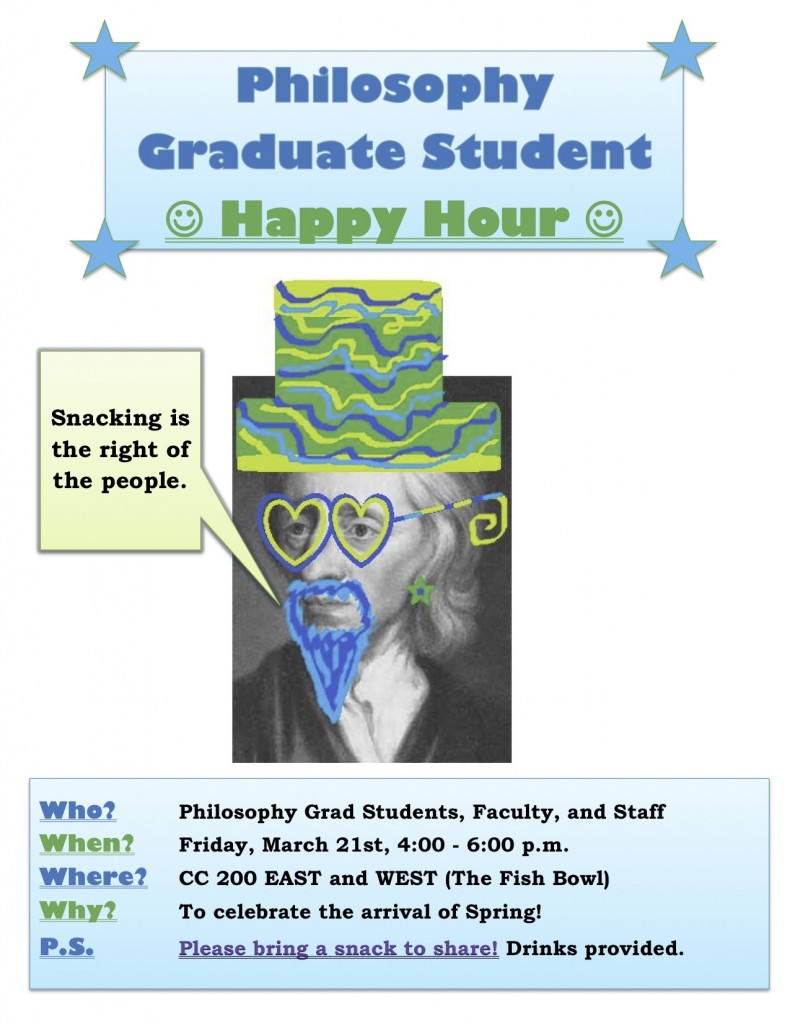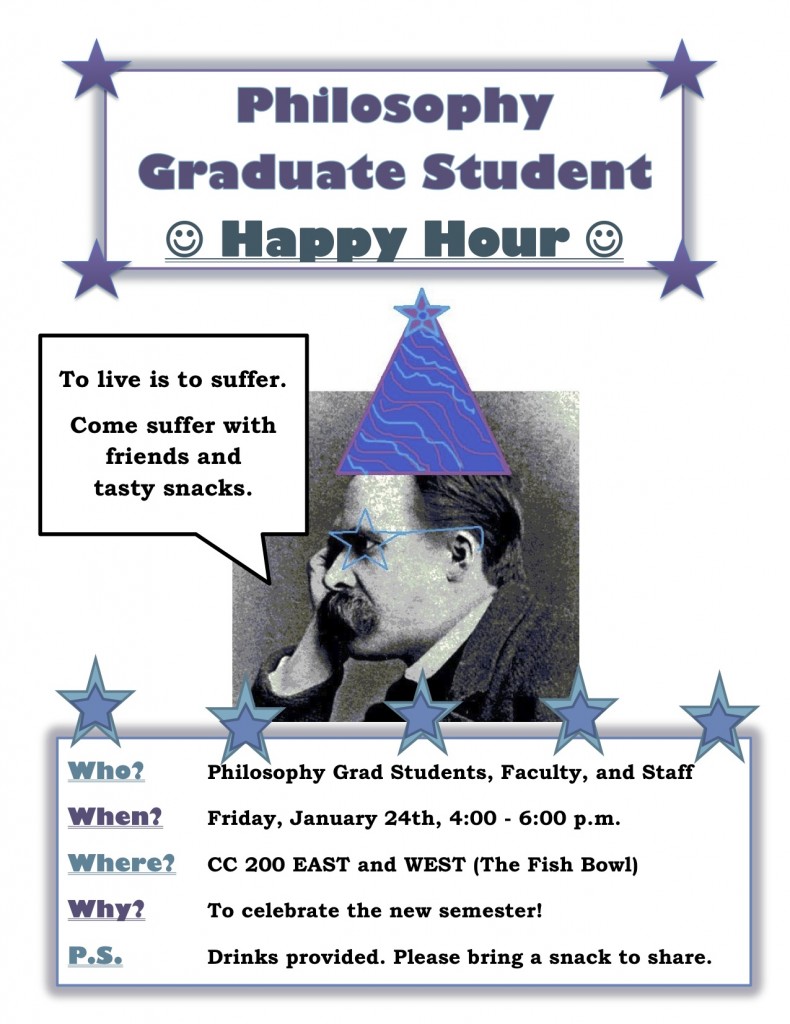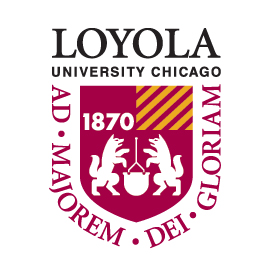The following is the continuation of a series of profiles on Loyola philosophy graduate students, giving you a brief sense of their thoughts on their research, teaching, and the value of philosophy. This profile covers Clinton Neptune.
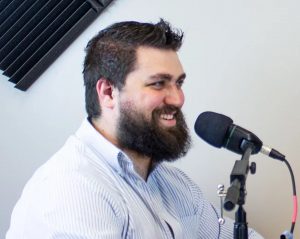
1. What made you become a philosopher?
I started college as a pre-med student and my program required an ethics class. Shortly into the course, I found myself completely enamored with the reading and discussion of philosophy. I credit my professor, Dr. Michael Byron, whose skill and passion lit a fire in me that has continued to burn for the past decade. I was deeply blessed to have such great teachers and I wanted to follow in their footsteps – teaching others this marvelous content and hopefully modeling a winsome philosophical life.
2. What is the topic of your dissertation? What made you become interested in this topic?
My dissertation offers an alternative to prevailing assumptions in philosophy religion concerning certain conceptions of God. I argue that we ought, for the purpose of inquiry into God’s existence and nature, to think of God as a being that is willing and able to rescue humanity from their predicament of death, moral failure, and suffering. Other prominent ways of thinking about God’s existence frontload the conversation with several confusing and complicated properties of God that can serve as stumbling blocks to religious inquiry. For example, ascribing the property of exhaustive foreknowledge to God is quite challenging to defend and, in my opinion, is not a central property of God that must be endorsed at the outset when searching for evidence of God’s existence. I think it is an intellectual barrier to potential salient evidence.
Paul Moser’s work in religious epistemology has been enormously influential for me. His work caused me to seriously rethink the project of Natural Theology. I found myself relying on the power of the traditional arguments for God’s existence when discussing my religious belief with others—arguments like the cosmological, teleological, and ontological arguments. Now I view them as a bit misguided and ultimately wanting as an explanation or defense of my religious beliefs. Moser’s focus instead on the evidential value of religious experience and God’s hiddenness has reshaped the core of my philosophy of religion.
3. How have you found the writing process? Are there any tips you would recommend for other graduate students to follow?
For me, the most important marker of success in my writing process is simply the discipline to set aside a set amount of time each day to work on it. I started using Google calendar to intentionally carve out two hours in the morning to write. A mental hurdle you have to jump is the thought, “I don’t have to work on it today.” It’s tough because that sentence is true of every day from start to finish – not working on it a single day will not wreck the project entirely. But, of course, if you never work on it, it will never get done!
One tip that has worked well for me is doing a bit of exercise before my writing time. I try to get up early, run for two miles, and then sit down to write at my local coffee shop. I think it helps your mindset going into the writing session when you have already accomplished something of value that day – keep that production train rolling!
4. You’re currently in a non-academic position. How have you found that your philosophical training can contribute to work outside the academy?
I currently work at Heartland Community Church in Medina, OH as their Connections Director. I am tasked with providing support and leadership to ways folks can live in community with one another. I have found that people, like myself in that first philosophy class, are hungry for what philosophy can offer even if they don’t say it or know it. I have meetings every week with people that want to dig deeper into the realm of ideas, and it has been good to see how clear thinking in the context of relationship can be transformative.
A fellow philosophy-lover and I started a podcast called Open to Truth where we discuss theology and philosophy that is accessible for folks in the church without formal philosophical training. You can find it on iTunes, Spotify, and our website: www.opentotruthpodcast.com. Opportunities to serve my community with my specific training have been surprising and satisfying.
5. Are there any pieces of advice that you wish you had known earlier on in your philosophical career?
I had been acquainted with many of the typical warnings you hear about the job market. One that I did not fully appreciate and greatly influenced my decision to go non-academic, was the idea that one might not have very much control over where one could secure a tenure-track position. It has been increasingly important for my wife and two kids (and one on the way!) to live near close friends and family. This was simply not as important to me when I first started, and I suppose I failed to think carefully about how my attitude would change on this in the future.
6. Are there two or three sources–I’m thinking books and articles mostly, but feel free to include any other sources if you want–that you would recommend for thinking about your area of research and why?
I just finished reading What is the Bible: How an Ancient Library of Poems, Letters, and Stories Can Transform the Way You Think and Feel About Everything by Rob Bell. It is an engaging, easy read and towards the end draws some fascinating implications concerning topics in philosophy of religion such as inspiration, divine revelation, and evidence for divine activity.
I am eager to get my hands on the Pascal’s Wager, a collection of essay Paul Bartha and Lawrence Pasternack. It will pay homage to the ways Pascal’s argument has influenced the history of philosophy and decision theory while spending some time offering contemporary analyses of its validity. It should be a hoot!

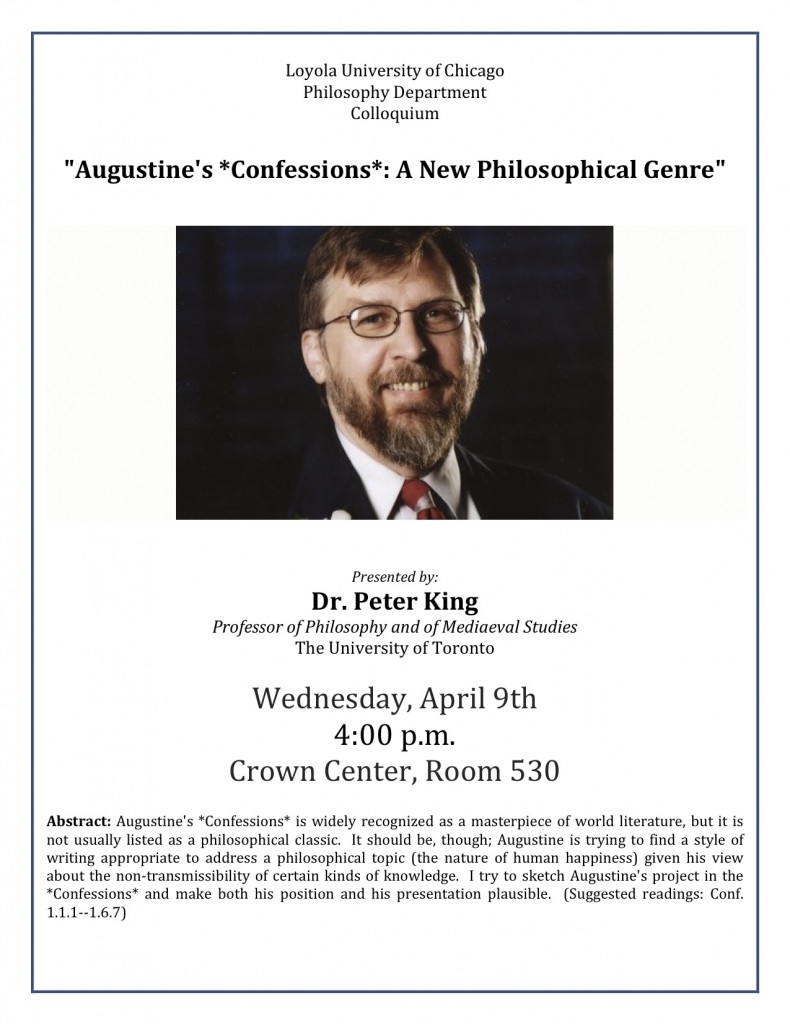
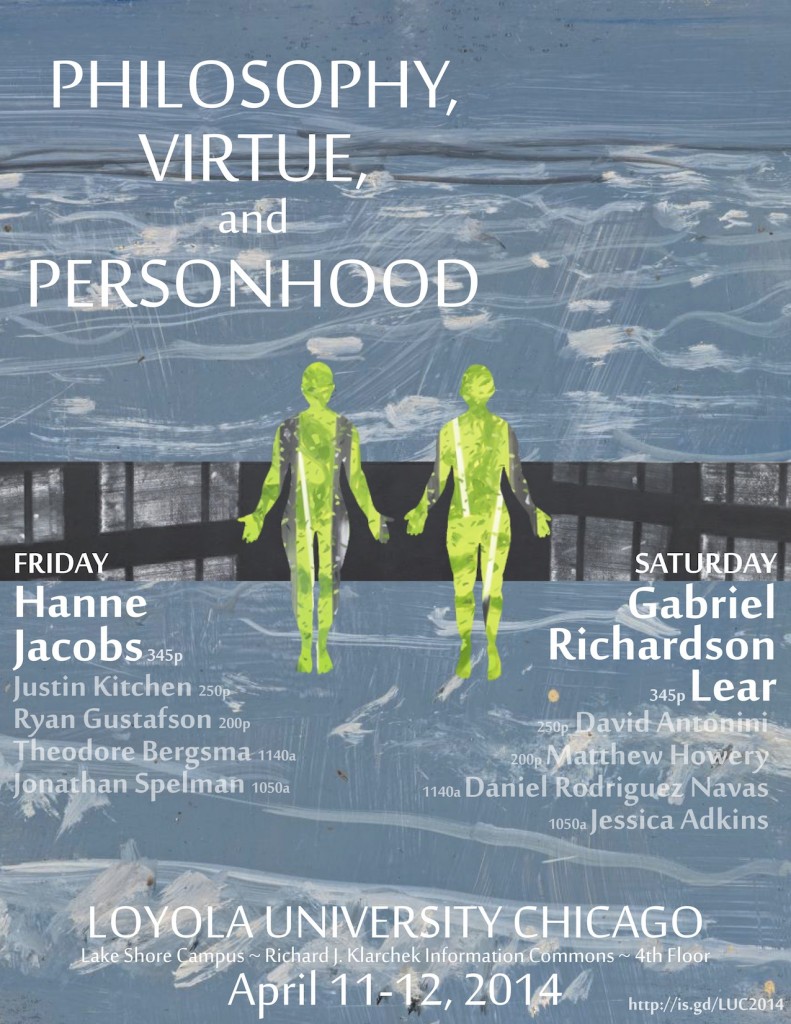 Mark your calendars! Our graduate conference is April 11th-12th, at the Lakeshore campus on the 4th floor of the Klarchek Information Commons.
Mark your calendars! Our graduate conference is April 11th-12th, at the Lakeshore campus on the 4th floor of the Klarchek Information Commons.